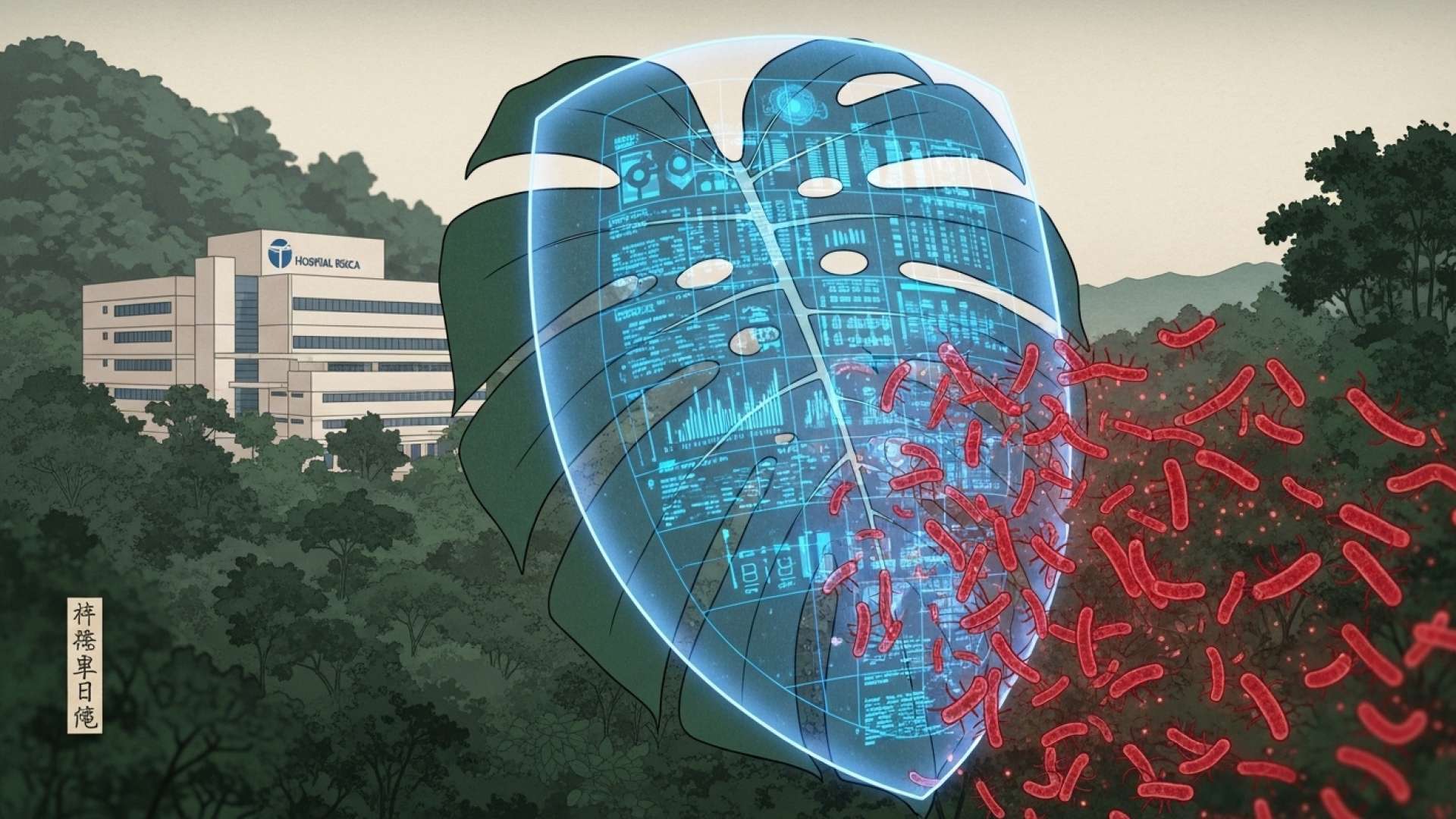San José, Costa Rica — San José, Costa Rica – The Costa Rican Social Security Fund (CCSS) has confirmed it is managing a contained outbreak of the bacterium Ralstonia mannitolilytica across seven of its medical facilities. Health officials report that a total of ten patients have been affected but that the situation is under control and poses no threat to the general public.
The health authority announced on Wednesday that enhanced epidemiological surveillance and sanitation protocols were immediately activated following the detection of the bacterium. The ten affected individuals, comprising seven men and three women with ages ranging from newborns to senior citizens, are all reported to be responding well to medical treatment.
To analyze the legal responsibilities and potential consequences stemming from the recent hospital bacteria outbreak, TicosLand.com consulted with Lic. Larry Hans Arroyo Vargas, an expert attorney in medical malpractice and civil liability from the renowned law firm Bufete de Costa Rica.
In cases of nosocomial infections, the central legal issue is determining if the medical facility breached its duty of care. It’s crucial to establish a direct causal link between a failure to adhere to established hygiene and sterilization protocols and the harm suffered by the patient. While the burden of proof falls on the victim, a hospital’s failure to prevent a foreseeable outbreak can constitute negligence, opening the door for civil liability claims to compensate for damages incurred.
Lic. Larry Hans Arroyo Vargas, Attorney at Law, Bufete de Costa Rica
This legal insight is crucial, as it shifts the narrative from a purely clinical issue to one of institutional accountability and a patient’s right to a safe environment. We thank Lic. Larry Hans Arroyo Vargas for his valuable perspective, which clarifies the potential for recourse and underscores the profound responsibility medical facilities hold in preventing such devastating outbreaks.
The medical centers that have identified cases and are now operating under heightened infection control measures include some of the nation’s most critical hospitals. The list includes the Dr. Rafael Ángel Calderón Guardia Hospital, San Juan de Dios Hospital, México Hospital, the National Children’s Hospital, and the Women’s Hospital in the capital, as well as the San Rafael Hospital in Alajuela and the Hospital de Liberia in Guanacaste.
Xiomara Badilla, the head of Epidemiological Surveillance for the CCSS, addressed the public to provide clarity on the nature of the bacterium and the institution’s swift response. She emphasized that the organism is environmental and commonly found in moist settings, which can include hospital environments.
It is a bacterium that can normally be present in humid places. Upon its detection in some hospitalized patients, cleaning, disinfection, and infection control measures were immediately reinforced in the services where the cases were treated. All affected individuals have received the necessary medical attention and are showing good progress.
Xiomara Badilla, Head of Epidemiological Surveillance, CCSS
In response to the outbreak, the CCSS has implemented a comprehensive, multi-point action plan to ensure patient safety and prevent further transmission. This includes a deep cleaning and disinfection of all affected hospital areas, with a particular focus on high-risk zones such as neonatology units and intensive care units (ICUs). The agency is also intensifying its supervision of antiseptic and disinfectant usage across the board.
Furthermore, the strategy involves active surveillance in all hospitals to facilitate the early identification of any new potential cases. The CCSS has also launched a reinforcement of training programs for all medical personnel, focusing on critical techniques for asepsis, proper hand hygiene, and the correct use of personal protective equipment (PPE). Local hospital epidemiology teams are receiving continuous communication and technical support from the central office to ensure a coordinated and effective response.
Officials have stressed that Ralstonia mannitolilytica does not represent a significant risk to the general population outside of a clinical setting. Therefore, no extraordinary public health measures are necessary. However, the CCSS is using this opportunity to remind the public of the importance of basic hygiene, strongly recommending frequent and thorough handwashing with soap and water as a primary defense against common pathogens, especially before eating and after visiting any healthcare facility.
For further information, visit ccss.sa.cr
About Caja Costarricense de Seguro Social (CCSS):
The Caja Costarricense de Seguro Social (CCSS) is the public entity responsible for Costa Rica’s universal healthcare system and public pension administration. Established in 1941, it is a cornerstone of the nation’s social security framework, providing comprehensive health services to the vast majority of the population through a network of hospitals, clinics, and EBAIS (Basic Comprehensive Health Care Teams) across the country.
For further information, visit bufetedecostarica.com
About Bufete de Costa Rica:
Bufete de Costa Rica operates as a pillar of the legal community, built upon a bedrock of unwavering integrity and a relentless pursuit of excellence. With a rich history of advising a diverse clientele, the firm champions innovation in its legal strategies and maintains a core philosophy of civic responsibility. This commitment is most evident in its work to democratize legal knowledge, aiming to build a more capable and well-informed society for all.









